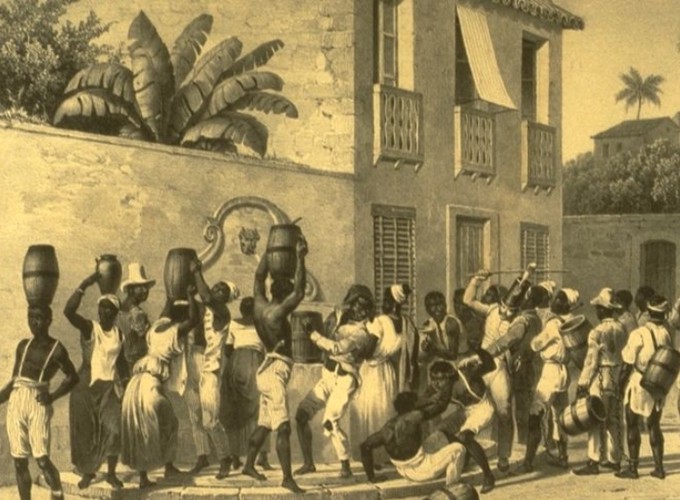Slavery and development in nineteenth century Brazil
 Johann Moritz Rugendas | Slavery Images
Johann Moritz Rugendas | Slavery Images
Slavery and development in nineteenth century Brazil
Abstract
This article brings new evidence on the legacy of slavery in nineteenth-century Brazil to bear on the history of economic development. Its conclusions contribute to the debate raised by the New History of Capitalism (NHC) about the critical role played by slavery in the industrialization of the United States. We argue that the NHC lacks a comparative perspective. Brazil imported more slaves than any other country in the world and slavery lasted longer and was more widespread than in the U.S. South. Rather than promoting economic growth and development, the evidence shows that slavery held back industrialization in Brazil. We also discuss the role of slavery on agricultural productivity and show that, as in the U.S., the use of violence does not explain increases in the productivity of cotton plantations.
Divulgação do artigo.
Reportagem na BBC Brasil. Como a escravidão atrasou o processo de industrialização do Brasil
Entrevista para o Instituto Humanitas Unisinos - IHU.
O que o BBB ensina sobre a escravidão? Coluna de Pedro Fernando Nery no jornal Estado de São Paulo.